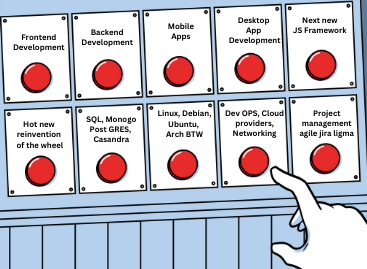
How To Start
Starting a career in IT, particularly in software engineering, can feel overwhelming due to the number of options available. From programming languages, libraries, frameworks and tools, it’s easy to feel lost. However, with the right approach you can enter the market sooner than you think.
The Challenge of Choice
One of the main challenges for beginners is knowing where to start and what is worth investing time into. You need to also check for the number of jobs in your area and how many applicants. I remember how confused I was when I learnt React and Next JS like the YouTube influencers told me to but I couldn’t get hired. So I did more research, saw that one of the main competitors: Angular has a bit less jobs but way fewer applicants, I spent the time and energy to learn that, made portfolio projects and soon after landed a job I love.
It is crucial to avoid spending time on skills that won’t help you land a job in your area as this time can instead be used to learn valuable skills and make real projects.
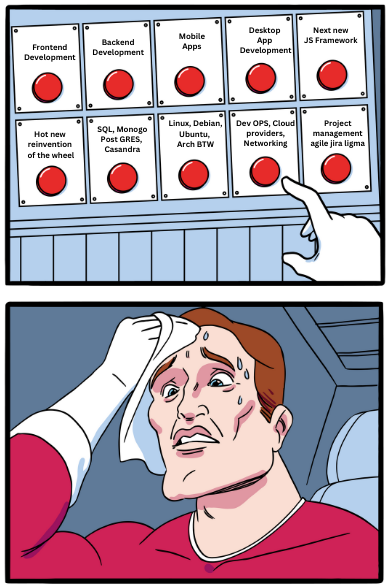
Learn Foundational Skills
Regardless of your location, having a solid foundation will help you throughout your whole career. Some skills are universally essential in software engineering. In terms of languages, HTML and CSS and JavaScript will be needed everywhere. Also don’t neglect important concepts like OOP, CRUD, how the internet works, computer networking basics like IP addresses, DNS, firewalls.
Keep in mind these are just the base knowledge, its required but alone not enough to get hired. There are some people who say they got some freelance clients with just these skills but this is the exception not the rule.
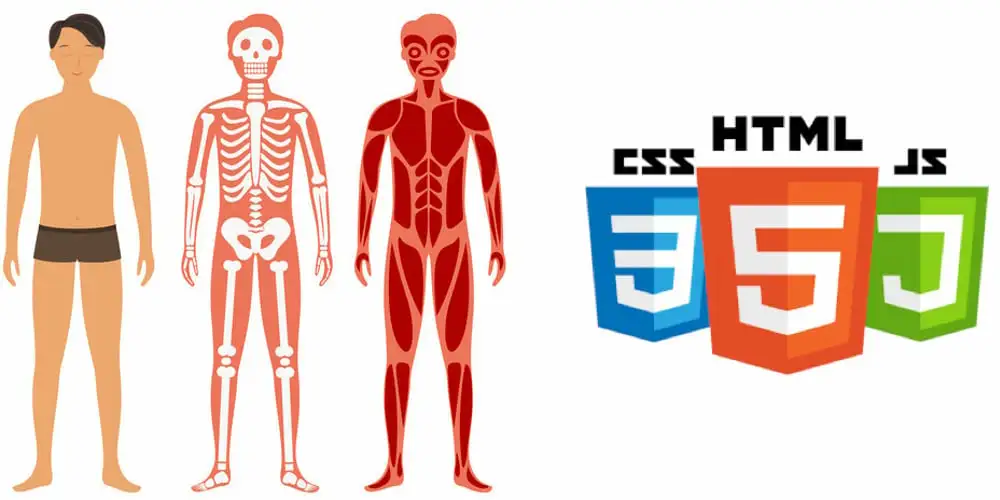
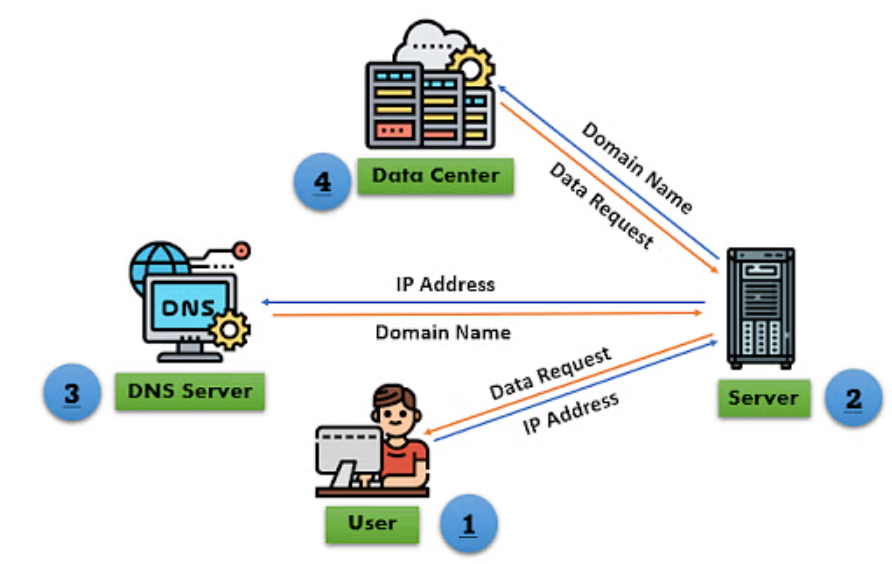
Research Local Job Markets
Sofware Developers are now in a buyer’s market, this means we need jobs more than companies need us. Now if you want a good chance of getting hired the keys are to make sure there are still a good number of jobs with a low Job To Applicant Ratio. There are many talented developers who are struggling getting hired simply because to employers they are just another resume in the pile of hundreds or even thousands.
Check on sites like Linkedin the number of jobs and the number of applicants. For example If you see lots of React jobs but on each post is over 100 applicants then it is best looking at something else.
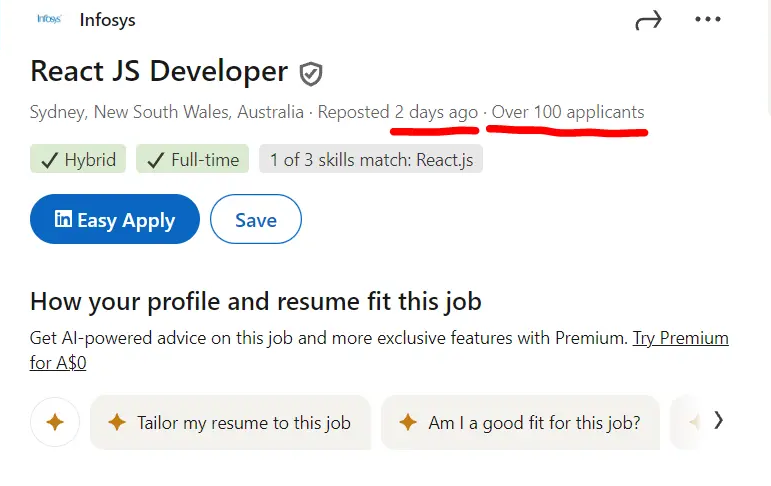
Adapt and overcome
The tech industry is alwasy evolving it is important to stay updated with the latest trends, with caution. Before you buy a new course, or invest hours into learning new technologies, first make sure the new technology has a future by:
- Seeing how does it stand out? Is it really making changes or is it just another reinvention of the wheel? All the big frameworks and libraries got big because they made meaningful changes.
- Who is maintaining it? Is it maintained by a major company? or just a random on github. If its owned by a big company you can reasonably assume it will be maintained and updated for a long time (unless its Microsoft).
Many technologies that seemed great have came and gone like Solid JS, Graph QL, backbone and more. Don’t “get married” to any one technology, master the concepts, get as good as you can at one or two and always be ready to move on if needed.

Focus and Build Projects
While you are learning, even the fundamentals, start making practise projects and avoid tutorial hell.
After make some practical/real projects, this means projects similar to what companies actually want with the technology you are learning. For example Angular is often used in apps which are usually considered “boring” and “corporate” so I made an inventory management system with a .NET backend (if you are frontend focused feel free to used a Backend as a service like Superbase) complete with authentication, other necessary features and clean code. This is one of the projects that also helped me find and land my dream job.

Conclusion
Starting a career in this field is a hard journey of continuous learning and adaptation that can be very rewarding.
If you focus on foundations, always research the demands of your local job market, stay proactive, you can create a good roadmap and accomplish your goals.
Share Your Feedback
Your thoughts help me improve my posts. Please fill out this quick form. :)
Newsletter
Join our free newsletter today to get notified on all new videos (some even exclusive) and blog posts.